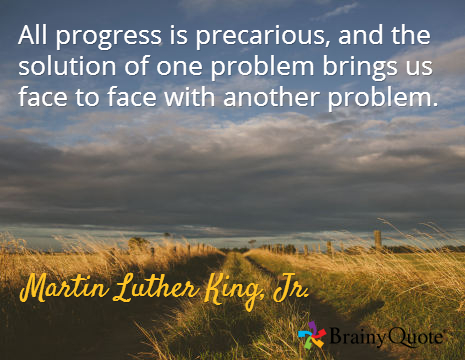|
|
This is my last scheduled post for the Challenge. It’s been GREAT and I’d like to thank ALL who participated!
|
I struggled with what I wanted to do for this post. There were two main ideas that I wanted to address, and since I couldn’t decide on one – here’s both! Thanks again to EVERYONE who has helped make this month such a success!!!
Understanding
One way we try to get a better understanding of something we’re not familiar with is to read books. As parents, we look for books to give our children to help them understand others who might be different from them. On “The Road We’ve Shared”, one of the resources we provide is an
electronic evaluation tool for children’s literature. It was designed as part of a graduate thesis in Disability Studies. It can be used by parents and educators to determine whether books that introduce Down syndrome to children and young adults are appropriate.
The tool looks at eight major areas:
- Reading / developmental level
- Literary standards
- Accuracy of information
- Illustrations / photographs
- Language
- Stereotypes
- Acceptance and understanding
- Inclusion
Eventually, we hope to establish a library of reviews on file so that people can see what others think about books that are available.
We also provide a list of over
100 books for children and young adults.
Unfunded Mandates
“In the United States, unfunded federal mandates are orders that induce “responsibility, action, procedure or anything else that is imposed by constitutional, administrative, executive, or judicial action” for state and local governments and/or the private sector.
An unfunded mandate is a statute or regulation that requires a state or local government to perform certain actions, with no money provided for fulfilling the requirements. Public individuals or organizations can also be required to fulfill public mandates.
As of 1992, there were 172 federal mandates that obligated state or local governments to fund programs to some extent. [Including]
Civil Rights Act of 1957
Civil Rights Act of 1964,
Voting Rights Act of 1965
Americans with Disabilities Act
Medicaid.
Obviously all of these are important pieces of legislation. They provide the structure for fair treatment of people who are disadvantaged by society.
Unfortunately, when they don’t come with federal dollars attached, the results are often slow, uneven implementation with a wide variety of success. Even when there are participation grants involved (states get monies for adhering to policy like with IDEA) the fact remains that each individual state is responsible for developing a plan. On one hand this is good, we wouldn’t want all of the programs to be based on a particularly bad model. On the other hand, this ends up being the source of further discrimination and uneven opportunities. One need only look to the Medicaid “waiver” issue and the disparity among services provided from state to state, or the wait lists that exist in some states that exclude many people from services all together sometimes for many years.
The movement to do away with sheltered workshop environments threatens to become another “unfunded mandate.” I think we can all agree that there is not enough money to accomplish everything we’d like to see at one time. Wherever the money comes from – federal, state, public or private enterprises – it needs to be spent wisely. Parents, self-advocates, and caregivers need to be in on the discussion about how to proceed. New, unique approaches that focus on the individuals need to be discovered and put into place.



